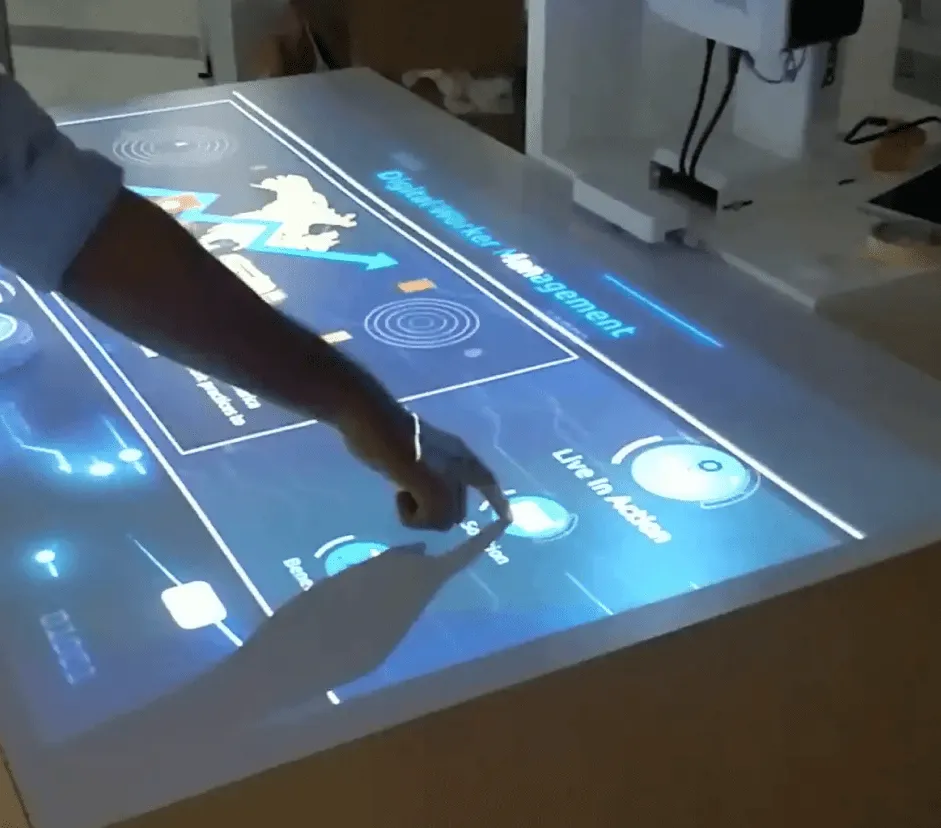Leveraging Tech Experience Centres for B2B Relationship Building

The traditional boardroom presentation has reached its expiration date. While PowerPoint slides still dominate conference rooms worldwide, forward-thinking organizations are discovering that genuine business relationships form through shared experiences, not shared spreadsheets. Tech Experience Centres represent this fundamental shift—purpose-built environments where technology becomes tangible and partnerships take root through immersive interaction.
The Evolution Beyond Demonstration
Most sales presentations follow a predictable pattern: features, benefits, pricing, questions. Tech Experience Centres disrupt this tired formula by placing potential partners directly into scenarios where they can touch, manipulate, and understand your solutions within their own business context. Instead of explaining how your technology works, visitors experience how it transforms their specific challenges into opportunities.
These environments serve as three-dimensional business cases. When a manufacturing executive walks through a simulated production line enhanced by your IoT sensors, or a retail director experiences customer journey mapping through interactive displays, they're not observing your technology—they're living within its possibilities. This experiential understanding creates conviction that traditional demonstrations simply cannot achieve.
Building Trust Through Transparency
Corporate partnerships thrive on transparency, yet most vendor relationships begin behind carefully constructed facades. Tech Experience Centres remove these barriers by revealing your organizational depth. Potential partners meet your engineering teams, understand your development processes, and witness your problem-solving approaches in real-time.
This openness extends beyond surface-level interactions. When clients participate in co-creation sessions within your experience environment, they gain insight into your company's intellectual processes, collaborative culture, and commitment to shared success. These observations form the foundation of trust that transforms suppliers into strategic partners.
The Collaborative Advantage
Traditional sales cycles position vendors and prospects on opposite sides of a negotiating table. Tech Experience Centres restructure this dynamic by creating collaborative workspaces where both teams focus on solving business challenges together. This shift from adversarial to collaborative fundamentally changes relationship dynamics.
During these sessions, your technical experts work alongside client stakeholders to explore possibilities, iterate on solutions, and identify implementation pathways. This collaborative process naturally evolves into ongoing partnerships because both organizations have invested intellectual capital in developing shared solutions.
Demonstrating Measurable Impact
Business leaders make investment decisions based on projected returns, not technological capabilities. Tech Experience Centres excel at connecting advanced technologies to specific business outcomes. Through scenario-based simulations and real-world use cases, visitors can quantify the impact your solutions will have on their operations.
When a logistics manager experiences route optimization through interactive mapping, they're not just seeing software—they're calculating fuel savings, delivery improvements, and customer satisfaction gains. This experiential understanding of value proposition accelerates decision-making because the business case becomes self-evident.
Accelerating Partnership Development
Complex B2B relationships typically unfold over months or years. Tech Experience Centres compress these timelines by facilitating deeper understanding during initial interactions. When potential partners can experience your solutions' capabilities firsthand, they require fewer meetings, presentations, and proof-of-concept projects to reach partnership decisions.
This acceleration occurs because experiential understanding eliminates many traditional validation steps. Instead of requiring extensive documentation and multiple stakeholder briefings, decision-makers can simply invite their teams to experience your solutions directly. The immediate understanding gained through hands-on interaction often accomplishes more than months of traditional relationship-building activities.
Creating Memorable Differentiation
In saturated markets, memorable experiences separate industry leaders from commodity providers. Tech Experience Centres create these memorable moments by engaging multiple senses and encouraging active participation. Visitors don't just remember your product specifications—they remember how your solutions made them feel about their business possibilities.
This emotional connection extends beyond individual visitors to their broader organizations. When executives return from Tech Experience Centre visits, they share stories about experiences, not features. These narratives spread throughout their organizations, creating organizational momentum toward partnership that traditional marketing approaches struggle to achieve.
Measuring Relationship Impact
Effective Tech Experience Centres incorporate measurement systems that track engagement depth, session outcomes, and relationship progression. These metrics provide valuable insights into which demonstrations resonate most strongly with different stakeholder types and how various interaction models influence partnership development.
This data-driven approach enables continuous refinement of experience design. By understanding which elements drive the strongest relationship outcomes, organizations can optimize their Tech Experience Centres for maximum partnership impact.
Strategic Implementation Considerations
Successful Tech Experience Centres require significant investment in both physical infrastructure and human resources. Organizations must commit to ongoing content development, technology updates, and staff training to maintain relevance and impact. However, companies that make these investments typically see substantial returns through accelerated sales cycles, deeper partnerships, and enhanced market differentiation.
The most effective implementations focus on creating authentic experiences that reflect real business challenges rather than impressive technology demonstrations. When potential partners can immediately connect your solutions to their operational realities, the path to partnership becomes clear and compelling.
Tech Experience Centres represent more than technological showrooms—they're relationship-building platforms that transform how organizations connect with potential partners. In an era where digital interactions dominate business communications, these physical environments create the human connections that drive lasting partnerships. For organizations serious about developing strategic relationships that extend beyond transactional exchanges, investing in experiential engagement isn't just advantageous—it's essential for competitive differentiation and sustained growth.
Contact Us Now:


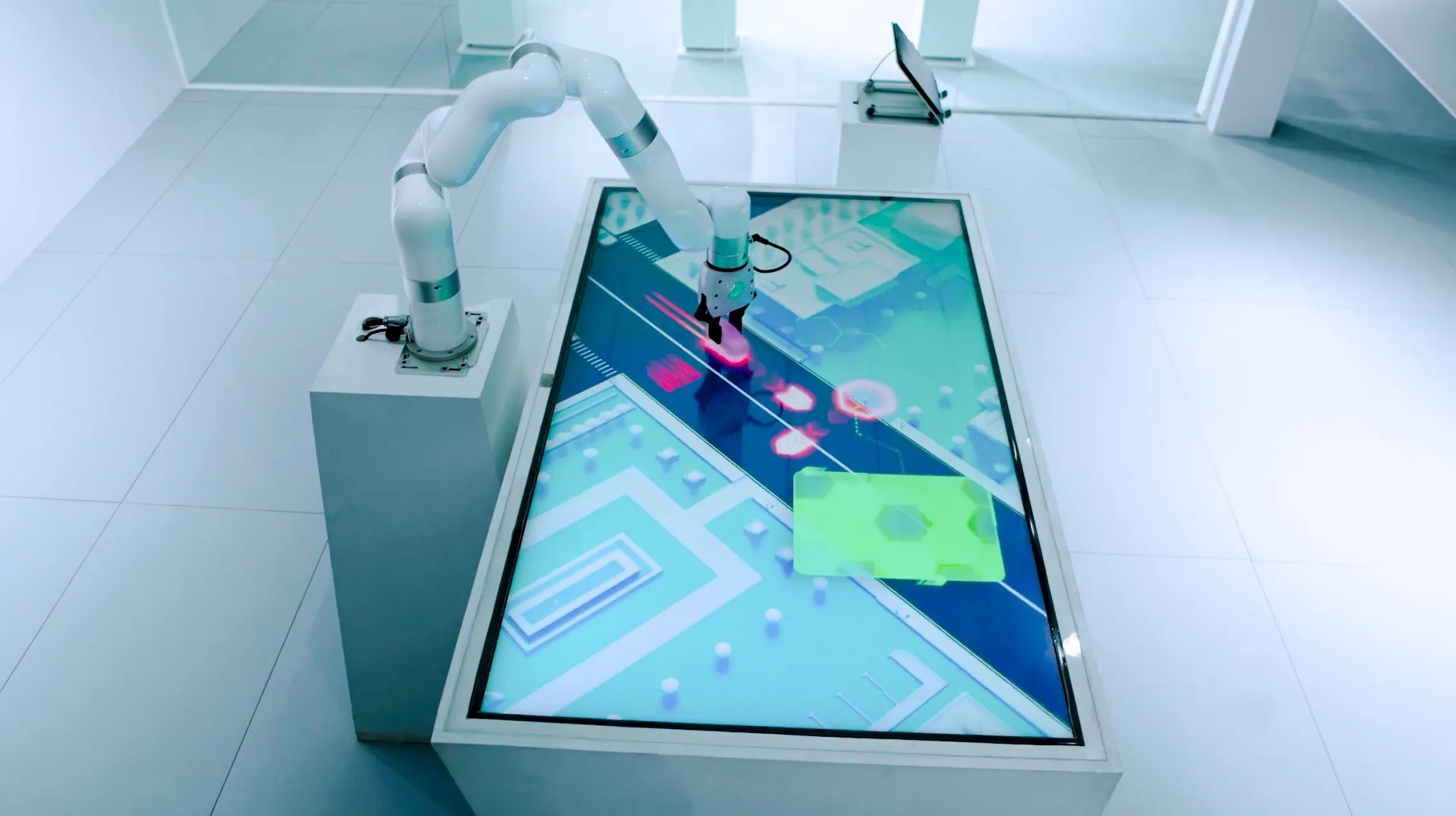
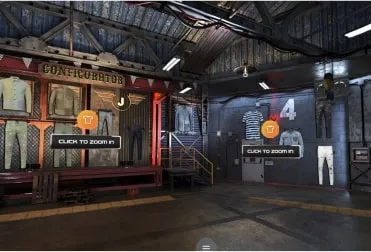
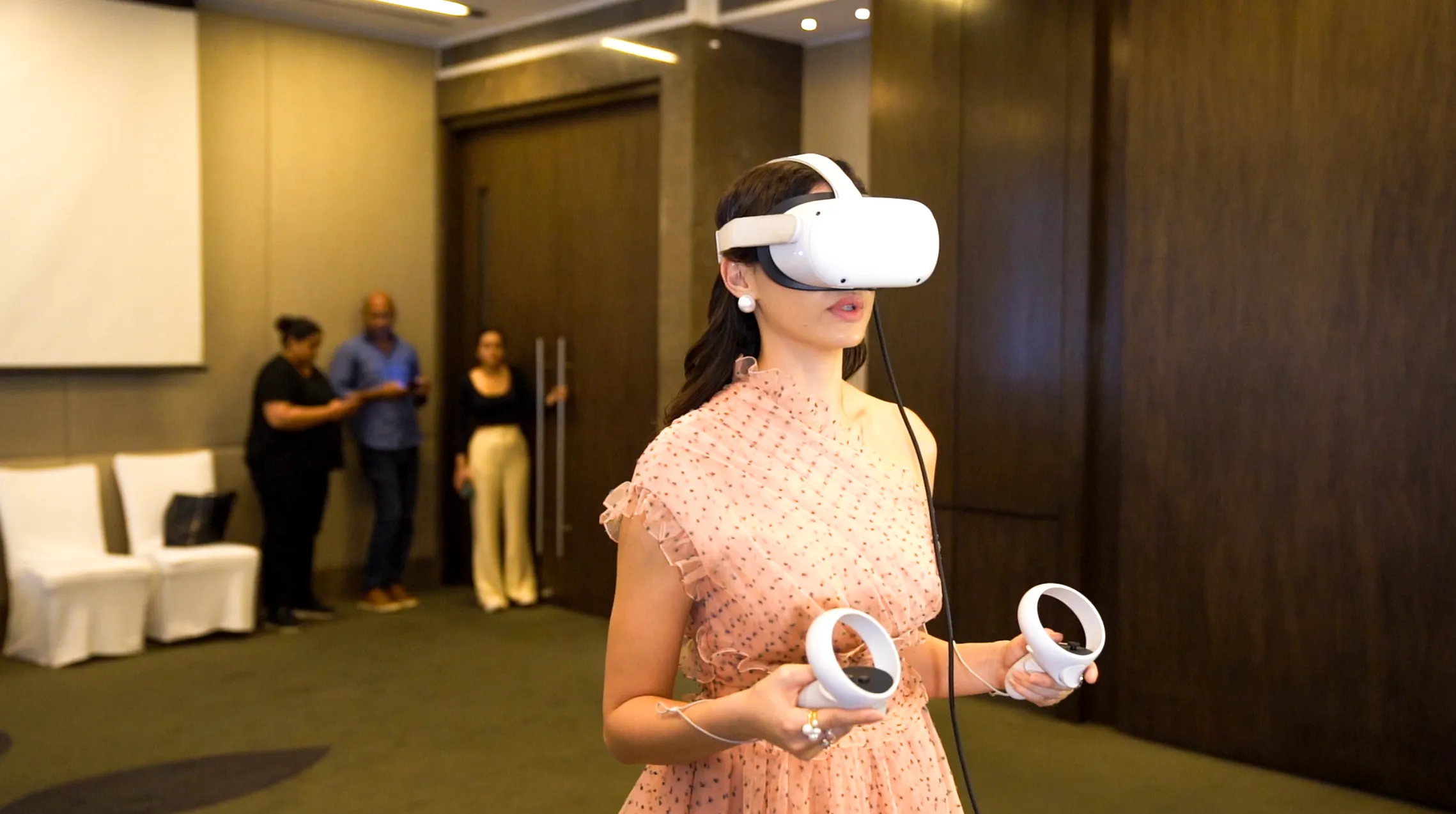
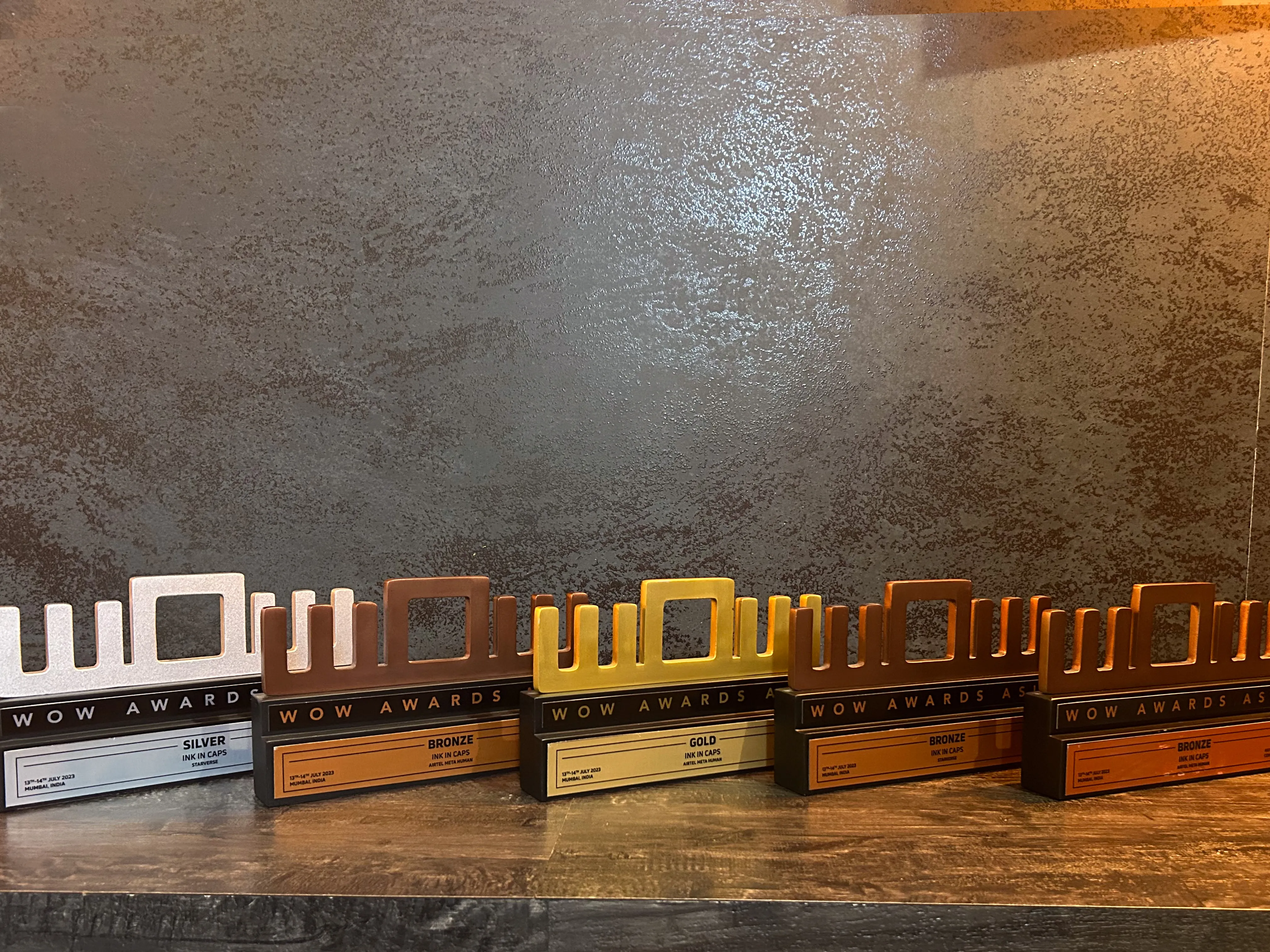
.CNhas5IL_ZqBJiz.webp)










